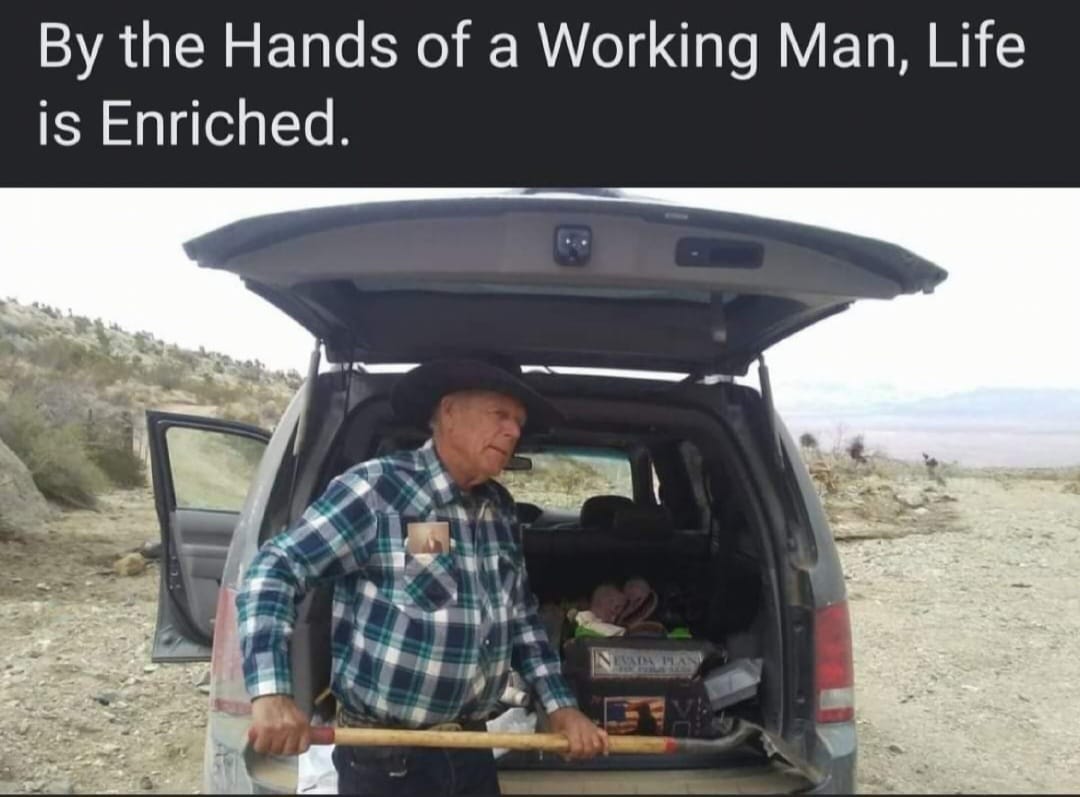Conservation and Stewardship
When we look at the roles of farmers, ranchers, and loggers, it's important to recognize that their relationship with the land is often more complex than it might seem on the surface. ☆ Log It, Graze It, Or Watch It Burn ☆

There is a long history of debate about the role humans play in the natural world, and it's understandable why some may feel so strongly about the negative impacts of certain "development" practices. Many people share these concerns about the consequences of human actions on the environment.
When we look at the roles of farmers, ranchers, and loggers, it's important to recognize that their relationship with the land is often more complex than it might seem on the surface. Historically, and in many cases today, these groups have been deeply intertwined with the health of the ecosystems they work within. Their livelihoods are directly tied to the productivity and sustainability of the land.
Many in these professions see themselves as stewards, a responsibility passed down through generations. For example, a logger might practice selective harvesting to ensure the long-term health of a forest, promoting new growth and maintaining biodiversity. A rancher's use of grazing mimics natural patterns, improving the soil's health. Farmers might implement cover crops or no-till farming to reduce erosion and enhance the soil's natural fertility.
The view that these groups are the "true stewards of the land" comes from this perspective—that their deep, practical knowledge of a specific piece of land and their dependence on its health give them a unique and essential role in its care.
The conversation about environmental management is crucial, and it's clear that there are many different viewpoints on the best path forward. Ultimately, the goal for many is to find a balance between human needs and the well-being of the planet.
The concept of land stewardship stands in stark contrast to the chemical-intensive, industrial model of agriculture. It embodies a philosophy of responsible care for natural resources, ensuring their long-term health and productivity for current and future generations.
Informing oneself and others about the impacts of industrial agriculture and the myriad benefits of stewardship-oriented farming is a powerful step. Engaging in public discourse, supporting organizations advocating for systemic change in the food system, and promoting awareness can create a broader societal shift towards valuing ecological health alongside food production.
☆
